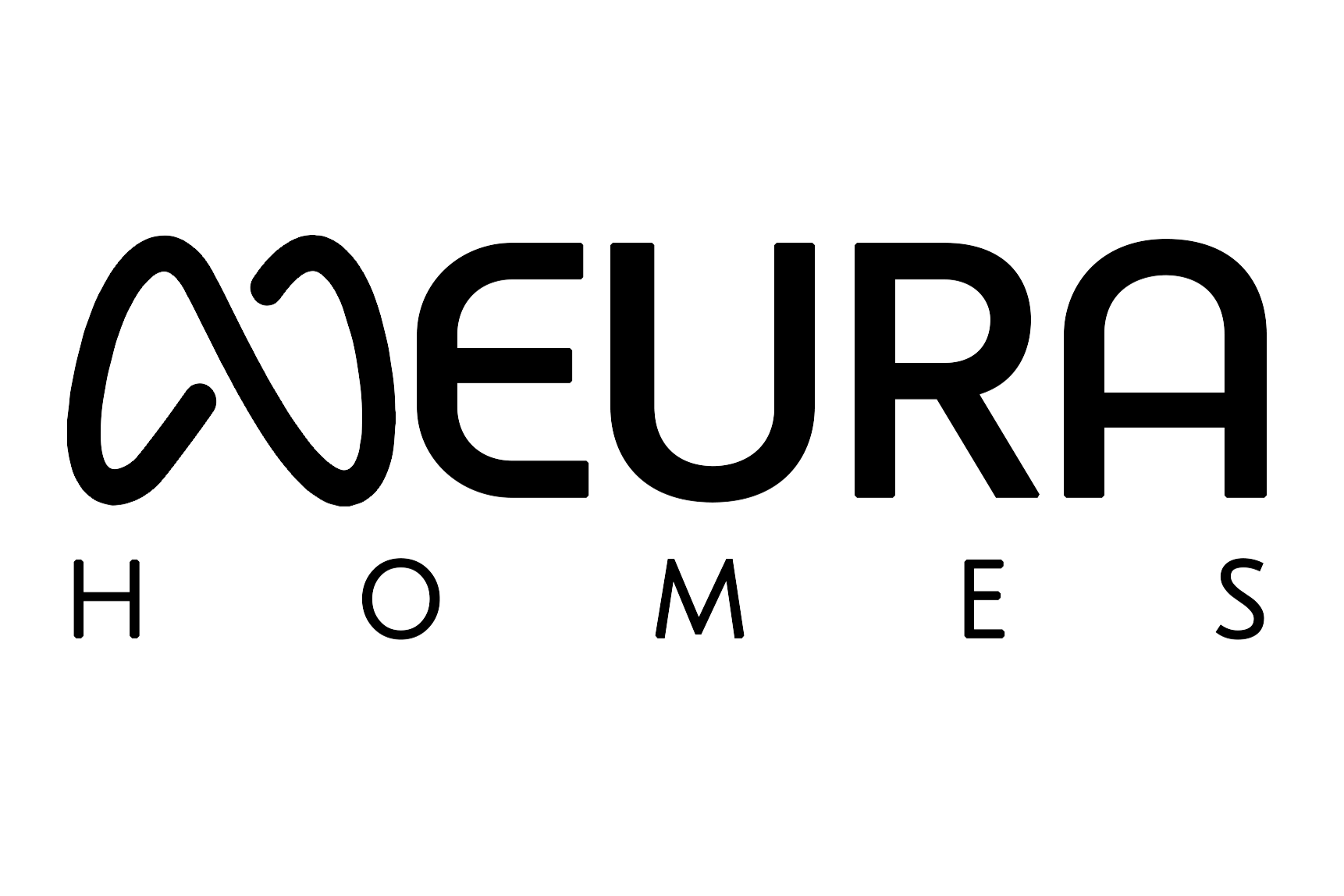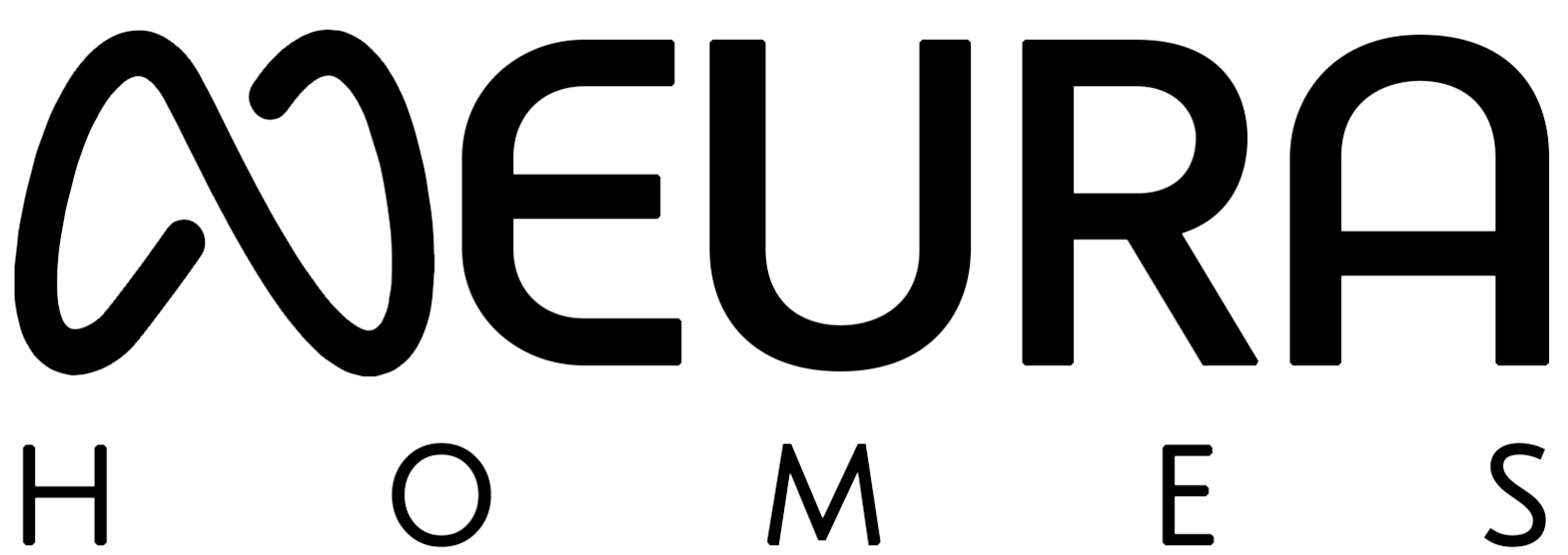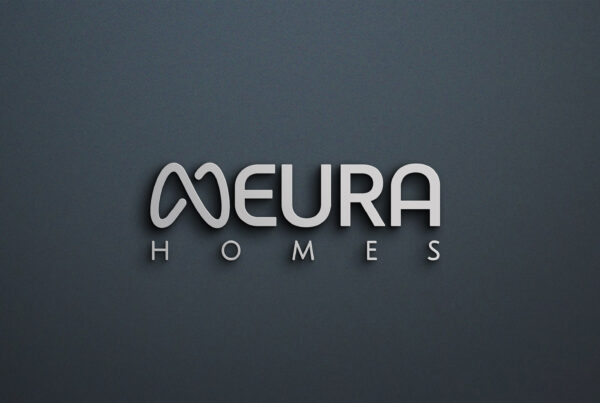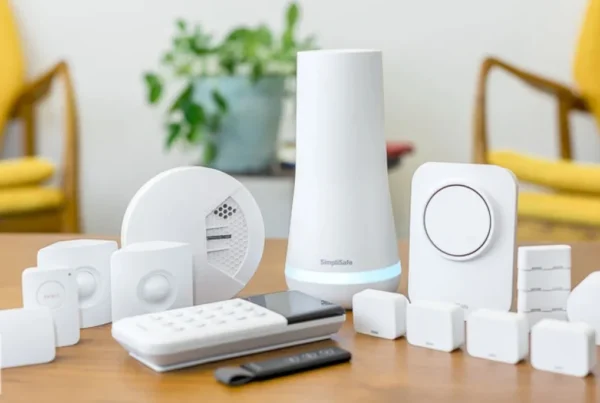The Internet of Things (IoT) is revolutionizing the way we live, especially in Ghana. This groundbreaking technology connects everyday devices to the internet, allowing them to communicate with one another. As IoT continues to make its mark, it’s transforming our homes, making them more secure, efficient, and convenient. At NeuraHomes, we’re helping Ghanaians embrace this change by offering smart home solutions powered by IoT technology.
What Is IoT and How Does It Work?
IoT refers to devices that connect to the internet and exchange data with each other. These devices include everything from security cameras and thermostats to smart lights and home appliances. The beauty of IoT in smart homes is the ability to control these devices remotely. Whether it’s adjusting the temperature or securing your doors, IoT provides seamless control of your home.
In Ghana, this technology is gaining popularity. Homeowners are beginning to appreciate how IoT can offer greater control over daily tasks, reduce energy consumption, and enhance security.
How IoT Makes Homes More Convenient
One of the key benefits of IoT in smart homes is convenience. Imagine being able to control your home with just a tap on your phone. With IoT, you can turn on lights, adjust your air conditioning, or lock your door remotely. This level of control makes life easier and more efficient.
In Ghana, where time is precious and power outages are frequent, IoT technology helps homeowners manage energy usage and automate daily tasks. For example, smart thermostats can adjust to your preferred temperature without manual input, while smart lights turn off automatically when you leave.
Securing Your Home with IoT
Security is one of the biggest concerns for homeowners in Ghana. Thankfully, IoT technology has made securing homes easier than ever. IoT-powered security systems allow you to monitor your home in real-time, even when you’re not there. With features like motion detection, live streaming, and alerts, you can stay informed about any unusual activity.
Smart locks add an extra layer of protection. They can be operated remotely through your smartphone, giving you full control over access to your home. For urban areas like Accra, where safety is a priority, IoT is becoming an essential part of home security systems.
Energy Management: Saving Money with IoT
Energy consumption is a significant concern in Ghana, especially with frequent power interruptions and high electricity costs. IoT-enabled smart home solutions help homeowners save money by reducing energy waste. Smart thermostats, for instance, adjust temperatures based on your routines, ensuring you never waste power when you’re not at home.
IoT also helps homeowners monitor their energy usage, providing data that can be used to optimize electricity consumption. In addition, integrating solar power with IoT technology allows homes to harness renewable energy, reducing dependence on the national grid and cutting down on energy bills.
Looking to the Future: IoT in Ghanaian Homes
The future of IoT in Ghana is bright. As the demand for smart homes continues to rise, more homeowners are looking to IoT solutions to improve their living experience. At NeuraHomes, we’re proud to be at the forefront of this movement, offering advanced IoT systems that provide greater convenience, security, and energy efficiency.
In the coming years, the potential for IoT in Ghanaian homes will only expand. Expect to see more intelligent devices that learn from your habits, making your home even smarter. With continuous improvements in IoT technology, the smart home of tomorrow will be more connected, efficient, and user-friendly.
Why IoT Matters for Homeowners in Ghana
In Ghana, where home security, energy savings, and convenience are essential, IoT technology is changing the game. With smart home solutions powered by IoT, homeowners can enjoy a more secure, efficient, and comfortable living environment. At NeuraHomes, we believe that IoT is the key to a smarter future, and we’re helping Ghanaians make the most of this innovative technology.




